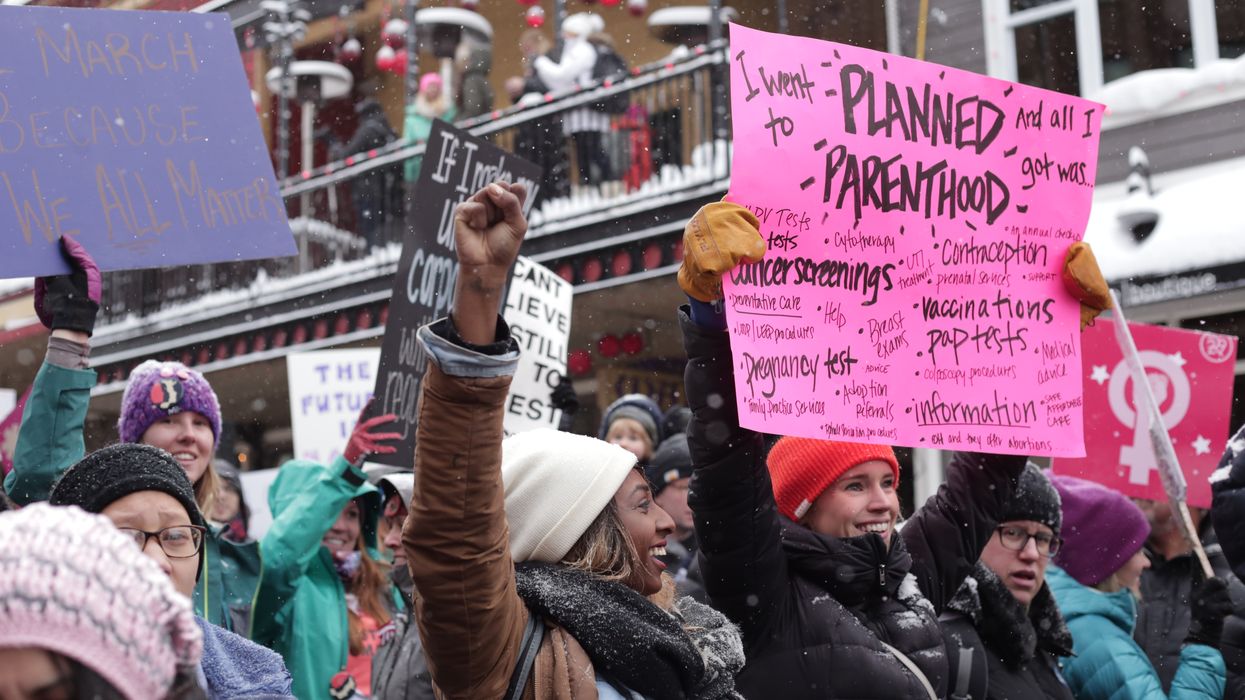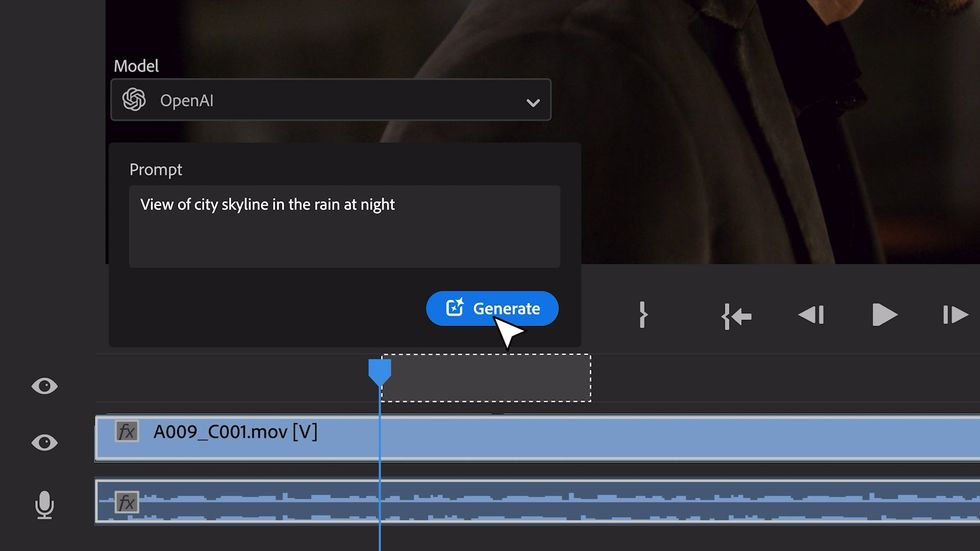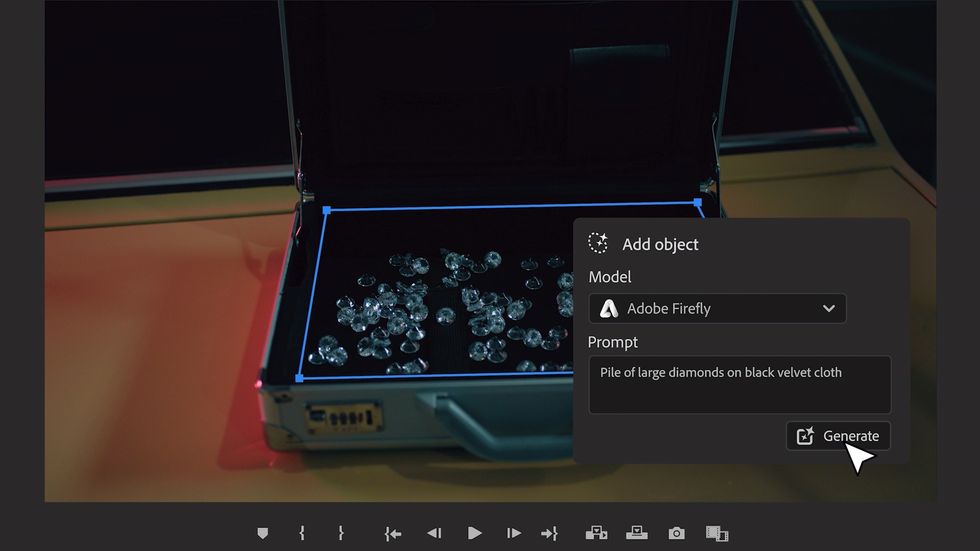'Do Not Despair—Resist!' Sundance Filmmakers Join Thousands for Women’s March
Aisha Tyler, Jessica Williams, Chelsea Handler led the march through the middle of Sundance—and filmmakers’ response is only beginning.

At the opening press conference of Sundance 2017, Founder Robert Redford insisted that the film festival is not a political event. But the thousands of festival-goers and filmmakers who joined Park City’s spin-off of the Washington, DC Women’s March yesterday might beg to differ. The march, called March on Main after the town and festival’s central street, had about 4,000 RSVPs on its Facebook invitation. According to local police estimates, over 8,000 showed up, despite an early morning snowstorm.
Marchers included a wide range of filmmakers and film industry folk from all over the world. Celebrities such as John Legend, Jessica Williams (who stars in the Sundance film The Incredible Jessica James), Aisha Tyler, and Chelsea Handler each offered words of inspiration at a rally following the march. Unity was a common theme, with Williams urging an ebullient crowd, “I march for you, and I pray to G-d that you march for me!”
March co-organizer Kristin McCracken told No Film School, “The support from both local and creative communities was immediate and enthusiastic, and I don't think today could have gone any better, aside from the snow, which kept a number of motivated marchers from nearby communities from joining us.”

Filmmaker and interactive producer Theresa Loong, who is attending Sundance from New York City, felt similarly. "I was inspired to march today and participate in the rally because, as an artist, I want my voice to be heard," she said. She added that marching with so many fellow filmmakers "serves as a reminder that there is work that I want to do, make, and support." Loong is currently producing Bought/Broken, an interactive project about domestic violence, and a film about a female game developer.

Lauren Kushner, Founder of Spare Change Documentary Consulting, tied her participation directly to the industry. She recalled, “I had this nagging feeling that, while it was easy to look outside to the problems our country is dealing with, we have to face the stark reality that we have major issues with the representation and inclusion of women—especially women of intersectional groups—behind and in front of the camera in film and TV.”
To address this, Kushner made 750 pins to hand out at the march, printed with statistics about the paltry numbers of women working in the film industry, including numbers of female directors (7%), female writers (12%), female TV characters of color with speaking roles (10%).
"The pins were gone within minutes of the march starting," Kushner said. "I believe that this movement is being propelled forward, and that people are waking up to the fact that our voices and stories are essential to a healthy and prosperous industry, and a more just and empathetic society."

Filmmaker Tiffany Shlain (Sundance ‘03, ‘05, ‘11) marched in DC, and also looked to the event as a jumping off point to propel the industry. She declared, “The future of independent film lives in the stronger intertwining of screenings—not just in theaters but in spaces where people already are gathered—and new ways that the online world can connect these screenings to further a bigger conversation.”
Thus, Shlain used the Women's March as a launchpad for 50/50 Day, a global livecast event this May. At the march, her team signed people up to host screenings of her film 50/50: Rethinking the Past, Present and Future of Women and Power, and “other films that highlight how gender equality can make life better for everyone with the discussion materials, resources and actionable ways to move things forward.”

And on the hard days? Follow Tyler’s advice to the March on Main rally-goers: “Do not despair—resist! When you feel like giving up, remember this unity.”
For more, see our complete coverage of the 2017 Sundance Film Festival.















